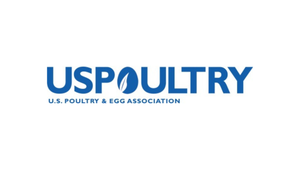Anomaly allows for FSA to spend its direct and guaranteed loan dollars in proportion to demand.

Congress has agreed to extend a continuing resolution into spring, which will allow Congress to work with the incoming administration on appropriations priorities for the 2017 and 2018 fiscal years. The continuing resolution, which covers 11 of the 12 annual appropriations bills, will maintain government operations at a rate of $1.070 trillion through April 28, 2017.
The legislation also includes a limited number of “anomalies,” which are programmatic or funding changes related to unique situations arising during the duration of the continuing resolution. Among them are provisions to maintain operational tempo and staffing necessary to address border security, immigration enforcement, aviation security, and protection of the President-elect. It also includes one to allow for the Farm Service Agency (FSA) to spend its direct and guaranteed loan dollars in proportion to demand.
In November, agricultural groups wrote appropriators that it is absolutely critical that measures be taken to ensure that the FSA “has the resources in hand to meet rising demand for direct and guaranteed farm credit, including during the peak winter and spring months when demand for production loans is highest,” the letter said.
“This measure will maximize the agency's ability to meet farmer demand for credit during these difficult times for the farm economy,” said Ferd Hoefner, policy director for the National Sustainable Agriculture Coalition (NASC). “It is the first of two needed steps - the second is to include a bump up in funding for direct and guaranteed loans in the final spending bill this spring so that FSA does not run out of money again in 2017 as it did in 2016.”
“With the anticipated and unfortunate delay in producing a final FY 2017 bill until spring, this becomes an even more urgent request. FSA was $137 million short ($44 million in direct and $93 million in guarantee) for FY 2016 and has carried over those approved loans into the new fiscal year, when it is also dealing with a spike in demand,” the groups wrote.
Signing on to the letter besides NSAC, National Assn. of Credit Specialists, Independent Community Bankers of America, National Rural Lenders Assn., National Farmers Union, National Young Farmers Coalition, National Family Farm Coalition, American Bankers Assn., National Latino Farmers and Ranchers Trade Assn., Rural Coalition/Coalicion Rural, The Farm Credit Council and Opportunity Finance Network.
About the Author(s)
You May Also Like





